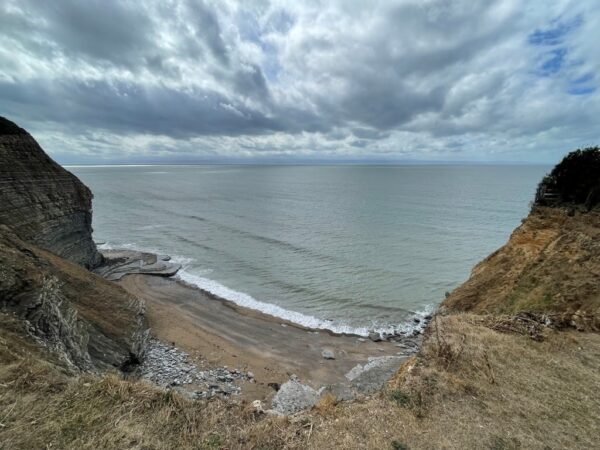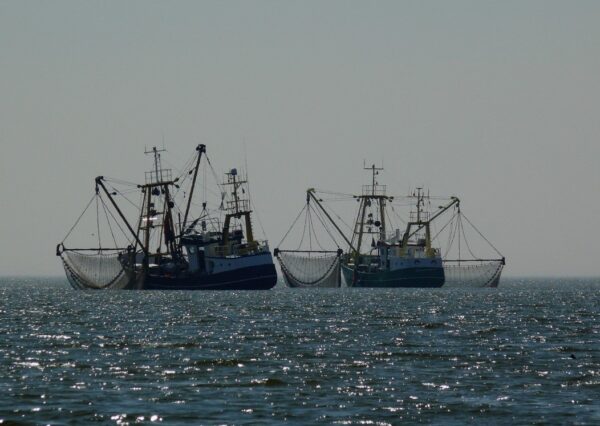Does biodiversity-focused protection of the seabed deliver carbon benefits? A U.K. case study
Researchers have found that by using recent data on UK seabed sediment carbon and mobile bottom fishing, the current UK Marine Protected Area network is likely to offer limited carbon benefit, even if fully protected.
Dr Graham Epstein of the University of Victoria in Canada led the research and wrote that the reason for this limited carbon benefit is due to MPA networks being designed for biodiversity and most significant carbon stocks lie outside of their boundaries. In addition, MPAs are frequently located in areas with lower-than-average human disturbances (by correlation or design) and therefore could have low net impact.
Precautionary policy
Previous research by Dr Epstein in the UK EEZ found that although uncertainties remain about the fate of disturbed carbon, protecting the most important and highly disturbed seabed carbon sinks for climate change mitigation represents a sensible precautionary policy. This research found that if all mobile bottom fishing was displaced from priority areas to other areas within the study region, modelling predicts net reductions of organic carbon disturbance of between 11% and 22%.
Body of evidence on seabed carbon stores
There is an increasing body of evidence which is examining seabed carbon stores in relation to mobile bottom fishing. For example, researchers from the University of St Andrews have collaborated with Scottish Government scientists to develop a new predictive approach that will help assess how vulnerable the UK’s seabed carbon stores are to the pressures of bottom trawling by fishing boats.
UK to be first country to map all of its blue carbon stores
We previously reported that the UK will become the first nation to produce a complete map of its blue carbon stores, thanks to a pioneering project led by the Scottish association for Marine Science (SAMS) and funded by WWF-UK in collaboration with The Wildlife Trusts and RSPB. The Blue Carbon Mapping project builds on the blue carbon mapping that began in Scotland, with a final report produced by the summer of 2023, with initial findings expected late in 2022.
Inshore Exclusion Zones offer greater carbon benefits
The new research by Dr Epstein examining biodiversity-focused protection of the seabed, published in Conservation Letters, found that Inshore Exclusion Zones (where mobile gears are restricted from nearshore areas to benefit biodiversity and low-impact fishers) could offer greater carbon benefits compared to MPAs. However, the findings conclude that neither of these biodiversity-focused protection strategies would be nearly as effective for protecting seabed carbon when compared to management strategies specifically targeted towards the protection of organic carbon.
The full journal article published in Conservation Letters can be read here.

